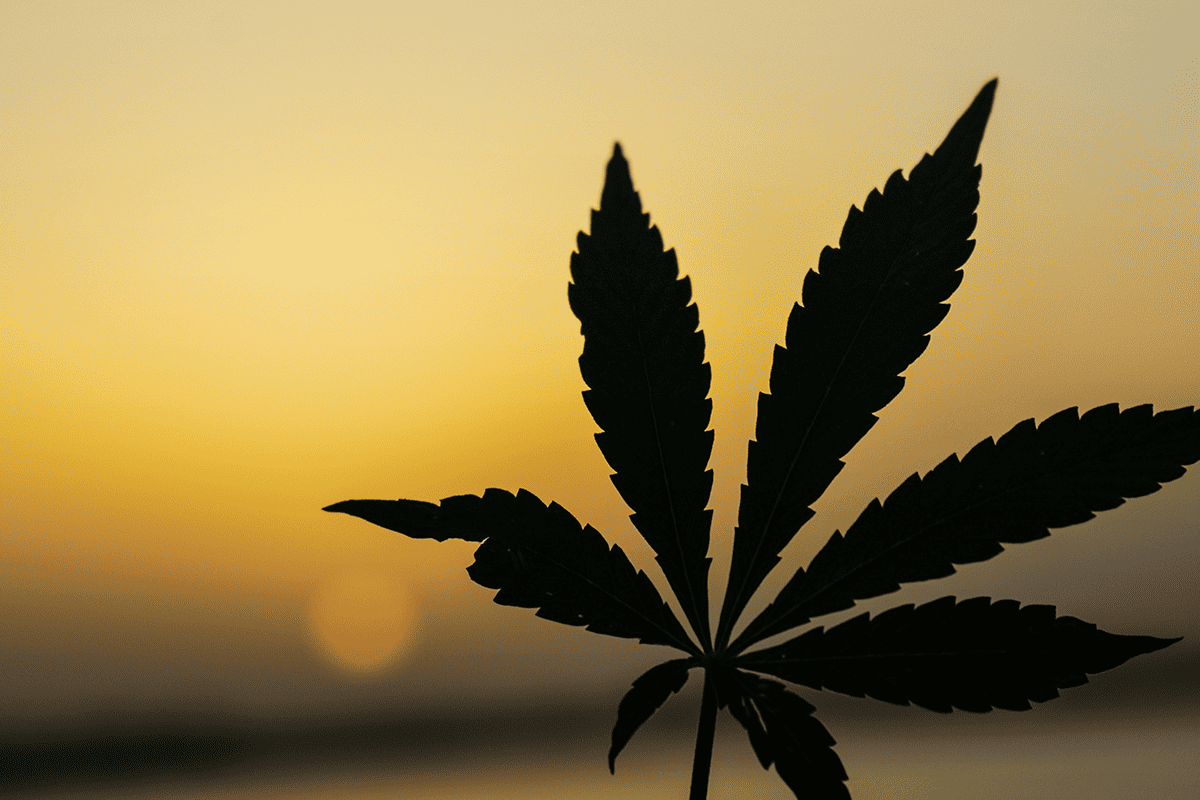Florida bill sets new THC standards if voters pass marijuana legalization

TALLAHASSEE, Fla. – A Florida House panel approved legislation that would enact new THC standards if voters approve of a ballot initiative to legalize recreational marijuana use this November.
The trigger bill limits the THC potency allowed in marijuana if a ballot initiative is passed and recreational use of the drug is legalized.
The bill passed the House Health and Human Services Committee.
HB 1269 was filed by Reps. Ralph Massullo, R-Lecanto, and Randy Fine, R-Palm Bay. Similar legislation in the Senate, sponsored by the Health Policy Committee, is also being considered.
“THC is the psychoactive component of marijuana,” Massullo told the House committee. “It creates euphoria, can cause hallucinations, delusions, anxiety, among other side effects.”
He added how Florida currently has a medical marijuana program that has over 872,000 members.
“What this bill does is sets limits in the percentage of THC in smokable marijuana,” he said. “It also prescribes the amount of marijuana cannabis THC that can be in edibles, and the amount of those particular edibles that can be in a single source pack.”
According to the staff analysis of the bill, marijuana for smoking cannot have a THC potency greater than 30% and all other marijuana products, excluding edibles, cannot have a THC potency greater than 60%.
Like the medical marijuana program, the bill prohibits multi-serving edibles from containing more than 200 milligrams of THC and a single serving edible from containing more than 10 milligrams.
An amendment was added to the legislation regulating marijuana in the form of vape pens, as well as continuing the state’s medical program which would expire six months after the state enacted full legal marijuana usage for adults.
Rep. Dana Trabulsy, R-Fort Pierce, explained that whether or not she agreed with everything in the bill, she did support “solid” regulation of the marijuana industry.
“I think we have a lot of work to do on it,” she said. “I think it needs to be more expansive. It can’t just cover caps, it needs to be a full comprehensive package.”
Rep. David Borrero, R-Sweetwater, highlighted his worries with the potential medical consequences of marijuana legalization as a whole.
“I know this is regarding the use of marijuana for adults, recreational, but we can’t be naive to think that if we allow recreational marijuana use, that it’s not going to fall into the hands of children,” Borrero said.
“One study found that exposure to THC at adolescents can put brain development at risk because our brain is most vulnerable during these years,” he said.
Borrero added that he found it remarkable that the state would be “thrusting” itself into an industry and allowing for a product that we don’t know the full ramifications of its effect on our bodies.
“I think it’s very precarious and dangerous that we are exploring this,” he said. “So I’m grateful that Chairman Massullo and Fine are putting in some boundaries at the very least.”
“We should be fully regulating this stuff and preventing the prevalence of this stuff,” Borrero added.
The legislation has now passed all of its committee stops and is expected to be heard on the House floor next.



